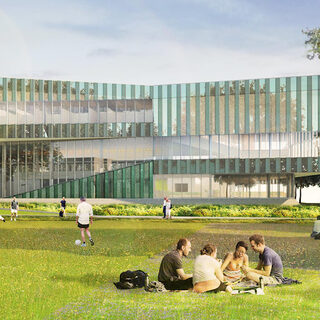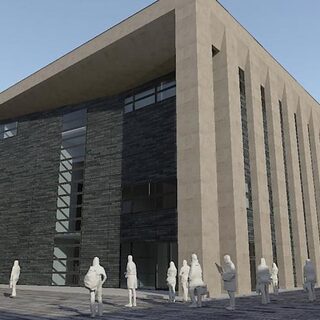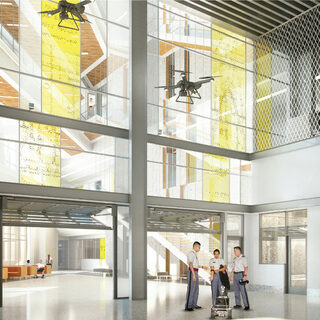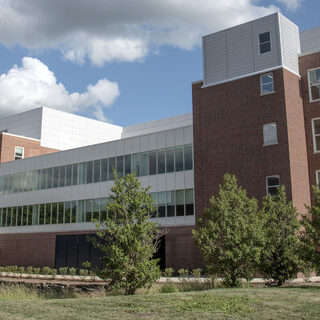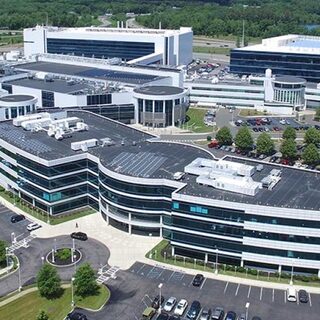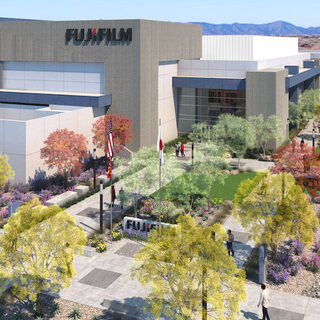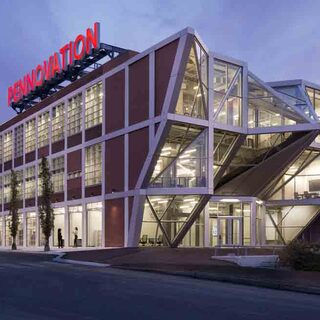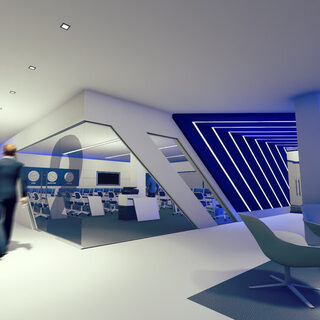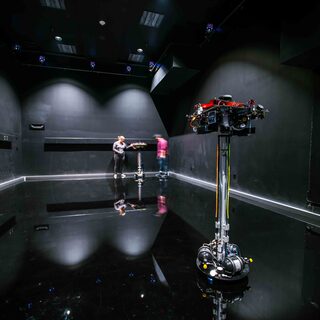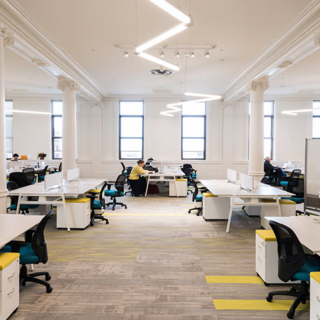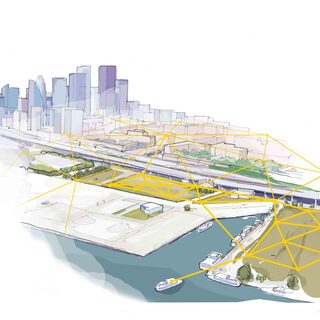Tulane University Opens The Commons
Tulane University opened The Commons in August of 2019 in New Orleans. Designed by Weiss/Manfredi, the $55 million facility enhances campus connectivity by providing a dynamic gathering place for students, faculty, and staff. Located on Tulane's Central Quad, the three-story, 77,000-sf hub provides food service and dining amenities, study areas, two classrooms, conference and event spaces, a demonstration kitchen, a library with a dedicated reading room, and an outdoor courtyard.

